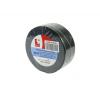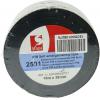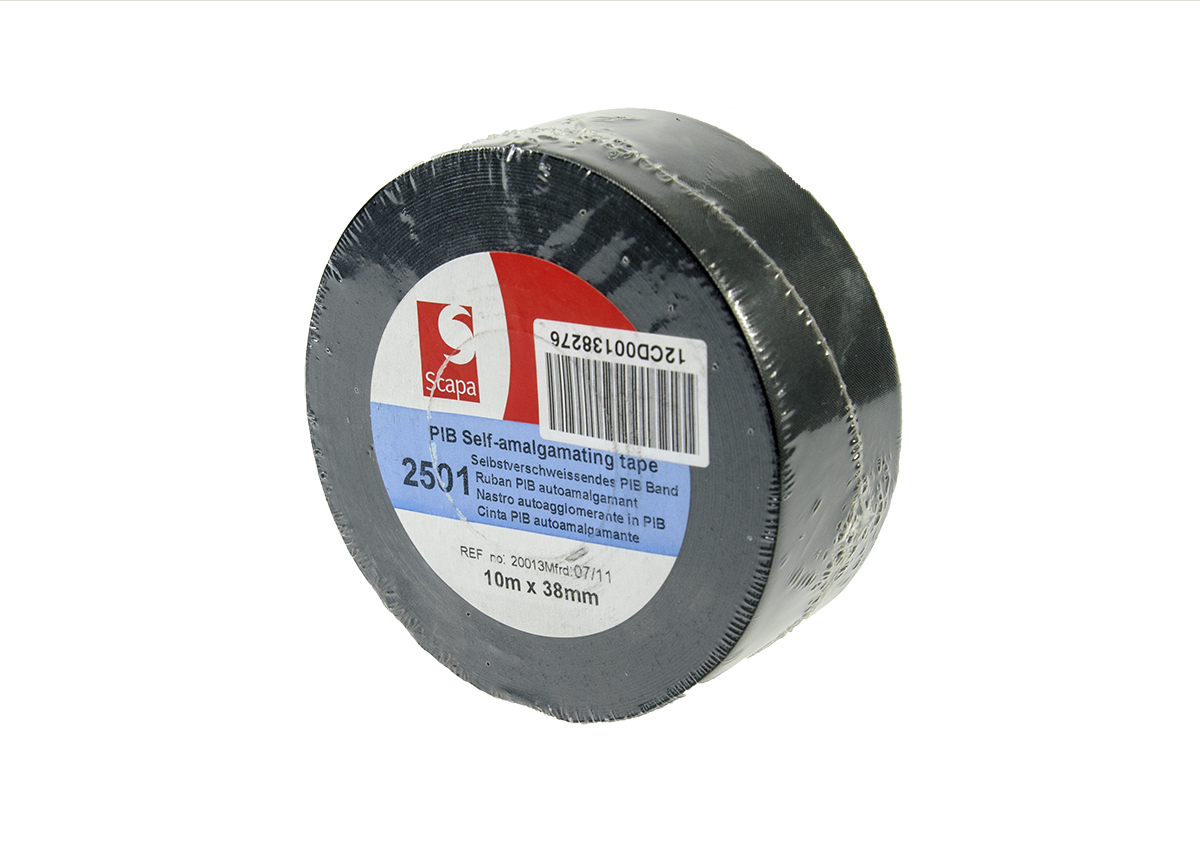-
€


Self-vulcanizing tape ideal for isolating antenna connectors.
- Length: 10 m
- 38 mm wide
- Thickness: 0.6 mm
Self-vulcanizing tape made on the basis of polyisobutyl rubber is widely used for sealing cable connections in both internal and external installations. The correct positioning of the tape ensures complete resistance to fresh and sea water in a very wide temperature range.
Self-vulcanizing tape is the basic security for teletechnical and power connections, especially in external conditions:
- Coaxial cable connections on F connectors
- CCTV cable connections on BNC and F connectors
- Twisted-pair connections
- Connections of coaxial cables in WLANs made on N, SMA, SMA / RP connectors and others
- Connect coaxial cables in WLAN to external antennas or access points on N, SMA / RP connectors
Distinguishing features
- After application, the vulcanization process occurs automatically,
- Large operating temperature range -40 ... + 90oC
- It can be used for many types of rubber and cable insulation materials (e.g. PE, PVC, butyl, neoprene)
- High resistance to prolonged immersion in water and excellent ozone resistance
- Easy insulation removal without leaving marks on the surface - ideal for temporary applications
- It comes with a plastic spacer that must be removed before applying the tape.
The tape has glue, the sealing of the connection is the result of self-vulcanization of subsequent layers of tape. The surface to which the tape is applied must be: dry, dust-free, and not greasy. For the self-vulcanization process to proceed correctly, the ambient temperature should be positive. The higher it is, the faster the process will take place. At room temperature, full vulcanization takes place after 24 hours. The final effect is to obtain a uniform (without air and water bubbles) insulation cover, tightly adhering to the surface. The tape can not be unwrapped and the only way to remove it is a longitudinal incision. The tape does not dirty the surface and does not react with them.
Application
Securing cable connections
Securing connections of cable connections in internal and external devices
Increasing the thickness of the insulation layer for better mechanical protection of the cable
Protection of steel pipes against corrosion
Wrapping tool holders for electrical insulation and increased grip,
Replacing old damaged or incorrect insulation materials.
Correct tape application
The surfaces to which the tape is applied should be clean, dry, free from dust, grease, oil and other contaminants.
The correct application consists of wrapping (without protective film) with such a string that the tape narrows to 2/3 of its width and the subsequent layers are laid with a 50% overlap. This guarantees a tight fit to the secured object and subsequent layers of tape. The stretch during wrapping is very important because it guarantees obtaining the right adhesive strength. If the layers adhere tightly, the self-vulcanization process will proceed correctly and sealing between the wrapped surface and the tape will be ensured. Depending on the ambient temperature, vulcanization of the layers takes place within a few hours, but not to the ground.
Self vulcanizing tape is sold in rolls. To prevent vulcanization in the packaging, the tape is wound with a spacer made of special plastic. Each roll comes pre-packaged with a package ensuring freshness for one year.






 Polski
Polski English
English Italiano
Italiano Español
Español Čeština
Čeština Српски
Српски Deutsch
Deutsch Ελληνικά
Ελληνικά Slovenský
Slovenský




